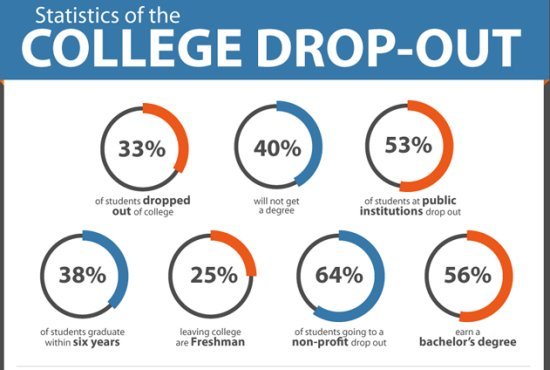How Fun Can Improve Focus and Concentration for Serious Students

The longstanding image of the devoted student is often one of serious concentration and relentless dedication to their books and lectures. However, the incorporation of fun and enjoyable activities into a student’s life can significantly enhance their focus and concentration. Recent studies show that engaging in pleasurable activities is not merely a break from the grind, but a powerful tool to facilitate learning. For students looking to maximize their academic potential without burning out, the key might be found in laughter, play, and moments of joy. Below, we explore how fun can be engineered to boost brain power and study efficiency.
Discover the best public speaking for kids at The Eloquence College, where young learners gain the skills and confidence to express themselves clearly and effectively.
Incorporating Playful Elements into Study Routines
Integrating fun into study routines can make learning more engaging and enjoyable. Gamification, like turning flashcards into memory games or using educational apps, can transform boring study tasks into exciting challenges. Study groups that mix social time with learning can also help students tackle complex concepts with more motivation.
Technology adds another layer of enjoyment to studying. Interactive platforms and online resources provide a refreshing break from traditional textbooks. For instance, exploring sites offers a playful yet educational experience, mirroring the benefits of gamified learning, even for students in challenging programs like online MHA degrees.
The Science of Fun: Boosting Brain Power Through Enjoyment
Fun can be a beneficial aspect of studying, as it activates brain areas associated with motivation and neural plasticity. Engaging in activities that bring joy can stimulate these areas, potentially increasing learning and memory retention. Dopamine, a ‘feel-good’ neurotransmitter, is released during pleasurable experiences, which boosts mood and focus, allowing for longer study sessions. Fun is connected to reduced stress, which is crucial for cognitive health.
Overworked brains can become less efficient, leading to faltering information retention. Balancing work with playful breaks can prevent brain fatigue, potentially improving academic outcomes. Small, enjoyable breaks throughout a study day can enhance mental agility and sustained attention spans.
The Impact of Laughter on Retention and Cognitive Function
Laughter is a powerful tool that not only enhances memory retention and reduces stress, but also creates a unique emotional response that makes information more memorable. It also acts as a stress reliever, reducing anxiety and preventing burnout. A conducive learning environment that encourages occasional laughter can transform study sessions from dread to an enjoyable experience.
Humor must be appropriate and aligned with the study material to sustain students’ attention and enhance the overall learning experience. Laughter also enhances cognitive function by activating diverse brain areas, encouraging unconventional thinking and problem-solving. Therefore, incorporating moments of humor into rigorous study sessions could unlock higher levels of intellectual performance.
Mixing Leisure with Learning: Successful Strategies for Students
Balancing leisure with academics is essential for preventing burnout and enhancing cognitive skills. Incorporating activities like study-related field trips, kinesthetic learning, or watching documentaries can make learning more engaging. By keeping these activities relevant to the subject, students can enjoy themselves while deepening their understanding.
Physical exercise also plays a crucial role in maintaining energy and focus, improving long-term retention. A smart approach for students pursuing rigorous paths, such as online MHA degree programs, is to create a ‘fun syllabus’ that blends relaxation with their academic workload. This ensures a sustainable routine that nurtures both the mind and spirit.
Balancing Serious Study with Light-Hearted Breaks
Balancing intense focus on studies with light-hearted breaks is crucial for a successful academic career. Students should engage in social interactions, take short breaks, and schedule leisure activities to avoid encroaching on valuable study time. Breaks should be scheduled to maintain focus and prevent exhaustion.
Breaks are not signs of weakness but a strategy for endurance. Interspersing study sessions with short periods of relaxation or entertainment helps avoid exhaustion and maintain a steady pace. Regular breaks refresh the mind and lead to a more profound capacity for assimilation. The goal is to foster a healthy relationship with learning, fostering lifelong learners who can find joy in the pursuit of knowledge, regardless of the intensity of their studies.
Overall, the incorporation of fun into a student’s academic routine does not diminish the seriousness of their endeavors. Instead, it complements rigorous study with necessary mental refreshment, fostering a sustainable approach to learning that can enhance cognitive functions, increase retention, and promote overall academic well-being.






